We are thrilled to welcome Maharshi Pran Bora and Matthias Lotze as our new PhD student and Bachelors student respectively who started with the Rydberg team from October 2024. We look forward to working closely with both of them and witnessing their growth and success in our collaborative environment.
Category: rydberg
Eduard starts his PhD in the Rydberg team
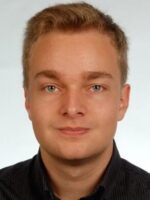
Eduard starts today his PhD in the Rydberg group after having successfully ended a Master thesis on nonequilibrium phenomena in disordered spin systems in the same team. We wish you good luck!
QSEC2022 Conference in Bingen
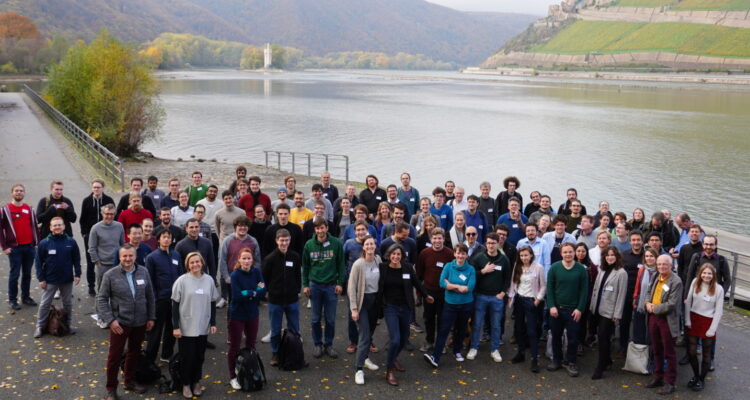
From the 14th to the 18th of November took place in Bingen am Rhein (Germany) the International Conference on Quantum Systems in Extreme Conditions (QSEC2022), organized by the Collaborative Research Center “Isoquant”. Within our group, Eleonora and Lauriane were part of the Organizing Committee. The conference has the aim to bring together experimental and theoretical researchers working on quantum systems in extreme conditions. The event focuses on cross-disciplinary developments from heavy ion collisions, precision spectroscopy in highly charged ions, and ultracold quantum gases.
Titus Franz obtains his PhD!
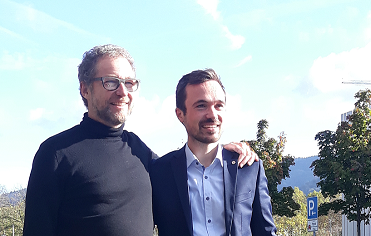
Titus Franz defended successfully his PhD thesis on Rydberg atoms. Congratulations for this big result and good luck for your PostDoc in Munich!
Annika receives the Ruprecht-Karl Prize 2022 for Physics
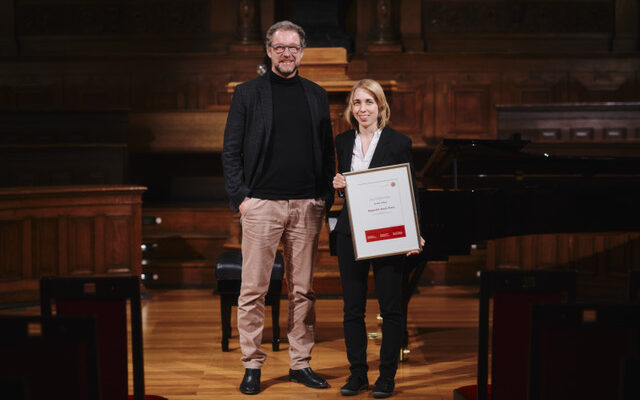
Annika Tebben has been awarded with the “Ruprecht-Karls-Preis” for Physics for her PhD dissertation on “Rydberg Electromagnetically Induced Transparency – A vanishing linear response, resonances, and a stationary Rydberg polariton “. The ceremony took place on the evening of November 4th in the “Alten Aula” of the University of Heidelberg. We are proud of her and we wish her the best of luck for her future.
Floquet Hamiltonian engineering of an isolated many-body spin system: paper published in Science!
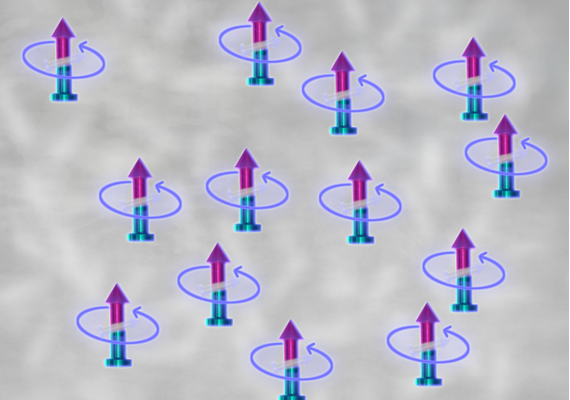
This month, our paper on “Floquet Hamiltonian engineering of an isolated many-body spin system” got published in Science! In this work, by periodically driving an isolated spin system, we changed a naturally given many-body Hamiltonian into a desired target form. Using a sequence of time-periodic microwave pulses, we change the Hamiltonian of our interacting Rydberg-spin system from a Heisenberg XX-model into an effective XYZ-model with tunable symmetry. As a consequence, the magnetization relaxation dynamic of the is drastically modified. The ability to engineering a wide range of Hamiltonians opens vast opportunities for implementing quantum simulation of non-equilibrium dynamics in a …
HDVent emergency ventilator system: a child project of COVID-19 times
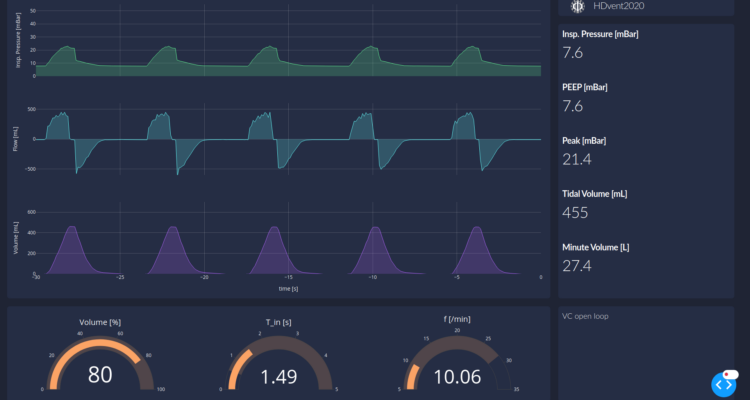
Our group participated to the Physics Institute’s effort to create an emergency ventilator to support patients suffering from COVID-19. David, Manuel, Eleonora, Binh and Saba gave a large contribution to this project child of this year of pandemy. The design of the HDvent Emergency Ventilator has now been published and full details are available open source on the HDVent website and on github! Reference: D. Grimshandl et al., The HDvent Emergency Ventilator System, arXiv:2012.13005, or see our full list of publications For more information: Website: HDVentGithub: HDVent on Github
